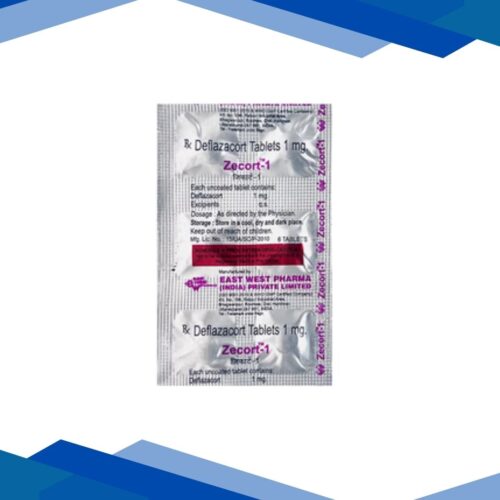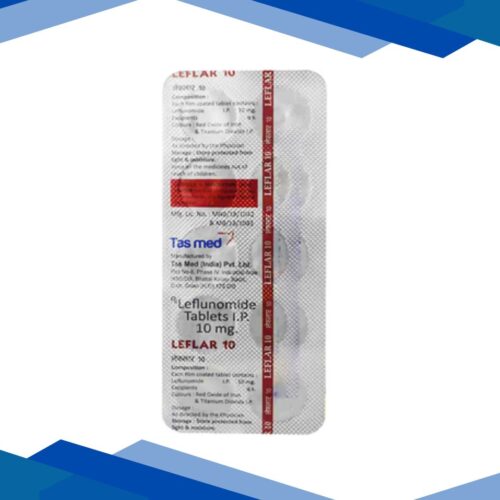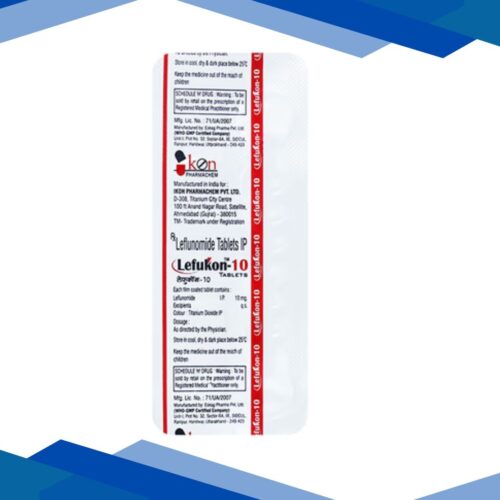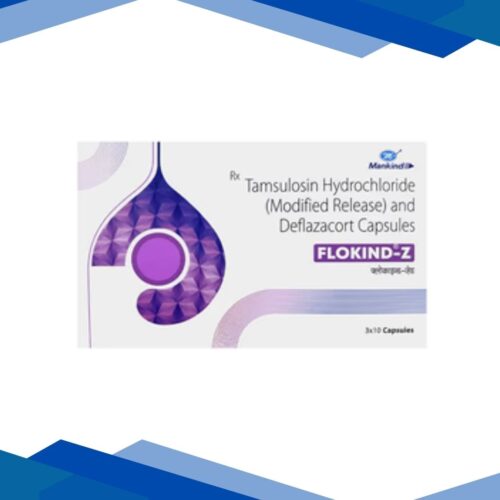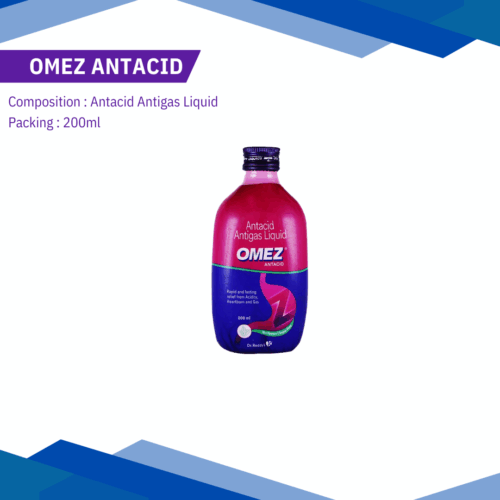ALUMINIUM HYDROXIDE
Overview:
Aluminium hydroxide is a common antacid used to relieve heartburn, indigestion, and upset stomach by neutralizing excess stomach acid. It works directly in the stomach to raise the pH, providing quick relief from acidity. Besides its antacid role, it’s also used in some vaccines as an adjuvant to help boost the body’s immune response. Generally, it’s safe when taken as recommended, but excessive use may lead to constipation or disturb the body’s mineral balance.
Classification: Antacid
Uses:
It helps relieve heartburn, indigestion, and acid reflux by neutralizing extra stomach acid.
It can protect the stomach lining in ulcers and help manage acid-related problems.
Doctors also use it in some vaccines to boost immunity.
In people with kidney problems, it helps control phosphate levels in the body.
How it works:
Aluminium hydroxide works by neutralizing excess stomach acid. When it reaches the stomach, it reacts with hydrochloric acid to form water and a neutral salt, which raises the pH of the stomach contents. This makes the stomach less acidic, helping to relieve heartburn, indigestion, and irritation of the stomach lining. By reducing acidity, it also protects the stomach and esophagus from damage caused by acid.
Dosage: As prescribed by your doctor.
Side Effects:
Constipation
Stomach cramps or bloating
Low phosphate levels
Rare allergic reactions
Precautions:
You should take Aluminium Hydroxide exactly as your doctor or the label says, because too much can cause constipation or disturb your body’s mineral balance. People with kidney problems need to be extra careful, as it can affect phosphate and aluminium levels. Also, it can interfere with some medicines, so it’s best to space them out or check with a doctor. Long-term use should always be monitored to keep your minerals and bones healthy.
Disclaimer:This content is for informational purposes only. Always consult a healthcare provider for medical advice and proper dosage.

